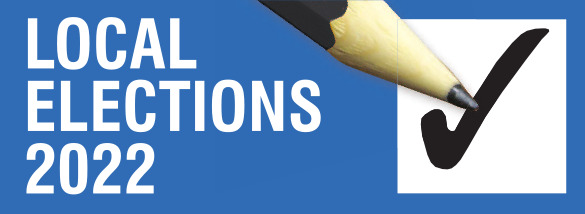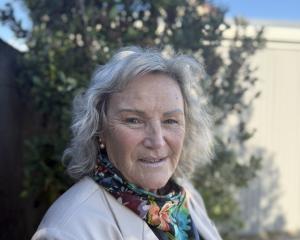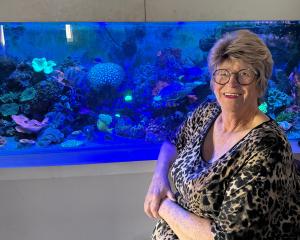
Nominations for local body elections closed at noon yesterday and several electoral officers reported a busy day’s work.
In Dunedin, the number of confirmed candidates swelled for the mayoralty, the city council and for the city’s community boards.
One of those was Cr Sophie Barker, whose entry into the mayoralty race is a potential game-changer.
She is among 10 people challenging the incumbent, Aaron Hawkins.
Others include Crs Lee Vandervis, Carmen Houlahan and Jules Radich.
The Invercargill mayoralty contest will be one keenly observed.
Among the contenders challenging the long-serving Sir Tim Shadbolt are broadcaster and councillor Marcus Lush, deputy mayor Nobby Clark, former deputy mayor Toni Biddle, Cr Darren Ludlow and former New Zealand First MP Ria Bond.
In Queenstown-Lakes, six candidates are seeking to replace outgoing mayor Jim Boult, who served two terms.
They are Alistair Angus, John Mitchell, Glyn Lewers, Daniel Shand, Neeta Shetty and Olivia Wensley.
Local Government New Zealand (LGNZ) president Stuart Crosby expressed concern this week about a lack of nominations, especially in the South Island.
LGNZ had run a campaign aimed at making ‘‘Aotearoa the most inclusive and active local democracy in the world’’.
The emphasis will now shift to encouraging voter turnout, which was 41.7% in 2019.
On August 4, the Otago Regional Council had received just three nominations.
Last night, the final list stood at 24 and one name not on it was Cr Hilary Calvert’s.
Of the 18 nominations that came in for Environment Southland, seven were produced on the final day.
In Central Otago, Tim Cadogan has been re-elected as mayor, as there were no challengers.
His brother Bryan Cadogan, mayor of Clutha, is facing a race against Bruce Graham, Chris McDonald and Gail Oats.
In Waitaki, incumbent mayor Gary Kircher will be challenged by Paul Mutch.
In Gore, first-time mayoralty candidate Ben Bell is challenging incumbent Tracy Hicks.
Six people are vying for the Southland mayoralty, including incumbent Gary Tong.
This year’s local body elections are the first since the Covid-19 pandemic.
There is also some uncertainty about the future shape or role of local government, amid reform of Three Waters and resource management.
Dunedin City Council senior staff were involved in a range of public meetings in July and early August to foster interest in standing for the council.
They included meetings run by the Otepoti Community Network, Saddle Hill Community Board, Dunedin Youth Council, Dunedin Pride and the Disabilities Issues Advisory Group.
There was also a session at Toitu Otago Settlers Museum for prospective candidates to learn about what the council does and the nomination process.
Council chief executive Sandy Graham gave three radio interviews through Otago Access Radio, The Breeze breakfast and The Hits breakfast.
There was also significant advertising and election promotions, costing the council about $17,000.
Environment Southland, Invercargill City Council, Gore District Council and Southland District Council are working together through Vote Murihiku 2022 to encourage people to turn out and vote.
Voting papers will be sent out in mid-September and voting closes on October 8.











